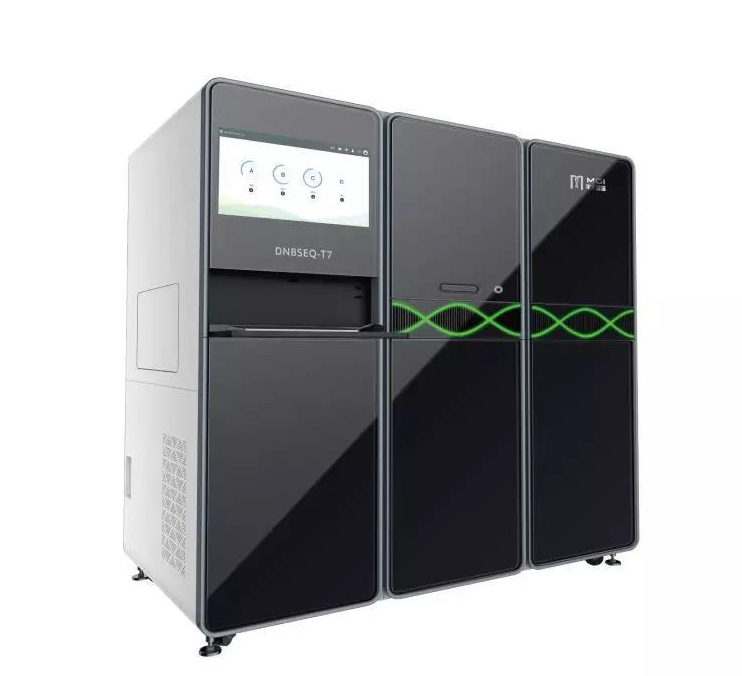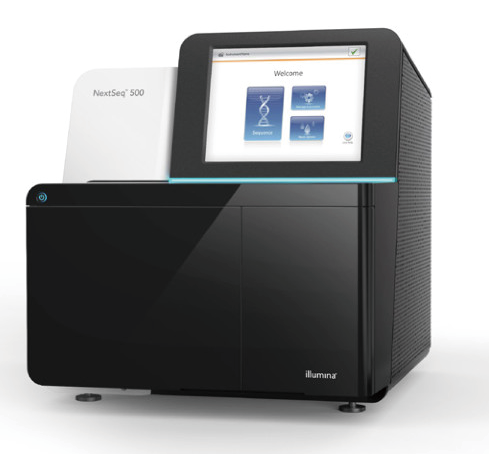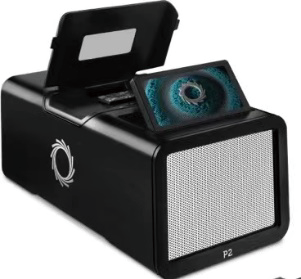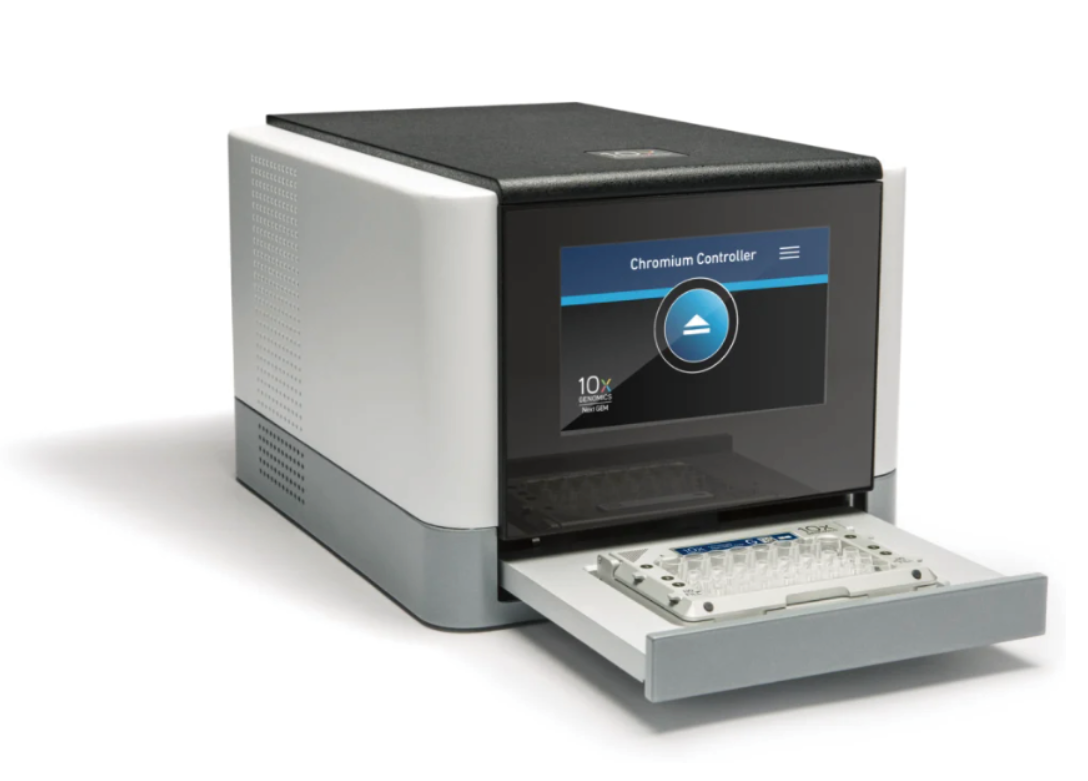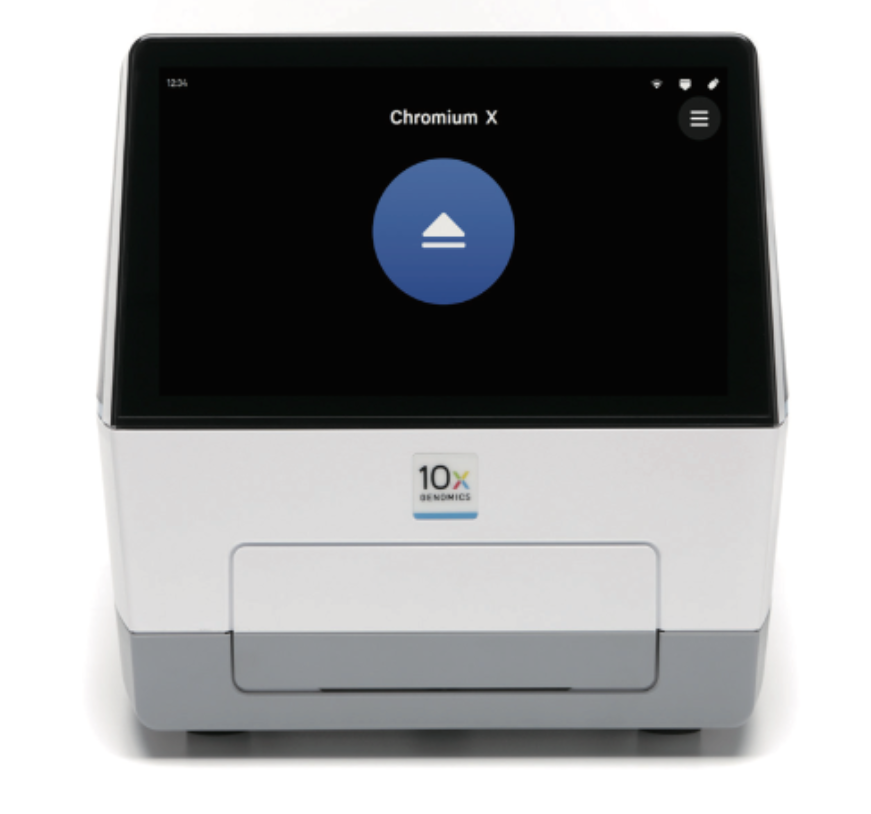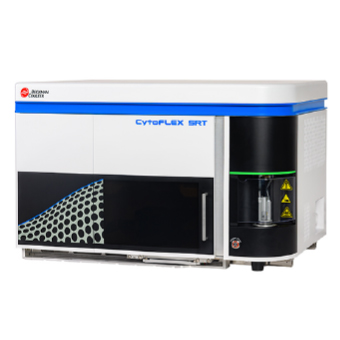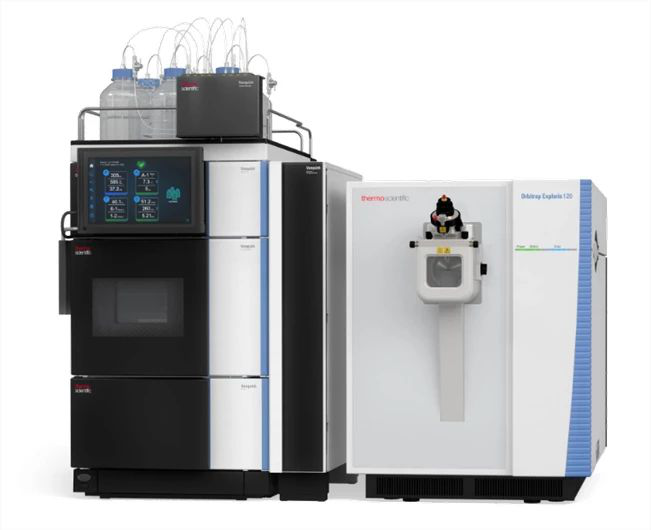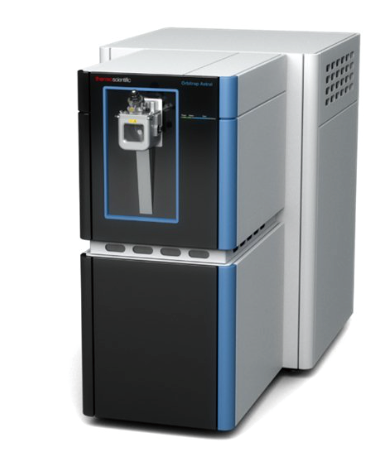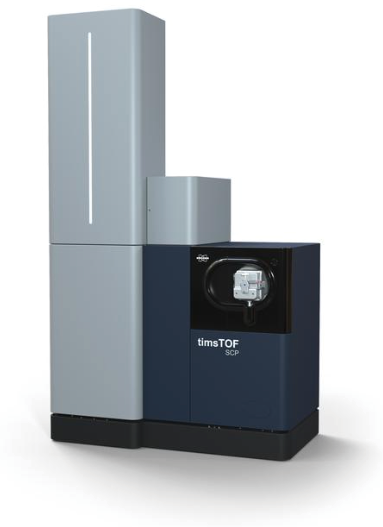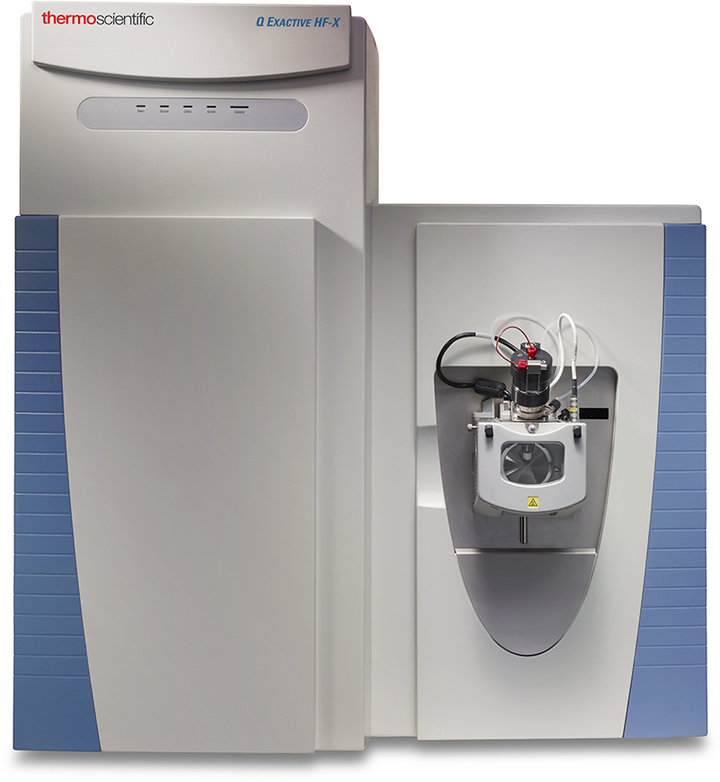Abstract
Background
Sympathetic overactivation after acute myocardial infarction (AMI) contributes to ventricular arrhythmia (VA). Paraventricular nucleus (PVN) of the hypothalamus may play an important role on this context, however, the mechanisms remain unknown. In this study, we investigated whether inhibition of activated astrocytes in the PVN could reduce VA in rats with AMI.
Methods
The anesthetized rats were randomly divided into four groups of sham-operated, AMI, AMI + vehicle and AMI + fluorocitrate (FCA). Electrocardiogram was continuously recorded. RNA sequencing, sympathetic nerve activity (heart rate variability and norepinephrine levels) and ventricular electrical instability (ventricular effective refractory period and ventricular fibrillation inducibility) were measured. Furthermore, brain tissues were extracted to detect expression of inflammatory cytokines (IL-6, and TNF-α), astrocyte and neuro activation.
Results
RNA sequencing analysis showed that functions of differentially expressed genes in the PVN of AMI rats were significantly enriched in immune system- and neuroactive-related pathways, along with enhance expression of cytokines and Glial fibrillary acidic protein (GFAP). We further characterized that astrocytes were activated in PVN and intervention of activation astrocytes by FCA significantly inhibited sympathetic nerve activity and decreased the incidence of VA and ventricular electrical instability in rats with AMI. Moreover, FCA significantly attenuated neurons activation and downregulated expression of inflammatory cytokines in the PVN.
Conclusions
Inhibition of activated astrocytes in the PVN could reduce VA occurrence and improve ventricular electrical instability in AMI rats by central neuro-immune pathway. These findings suggest that astrocytes are a potential target for prevention and treatment of VA complicating AMI.
Text Link:
https://www.sciencedirect.com/science/article/abs/pii/S0167527319358292




